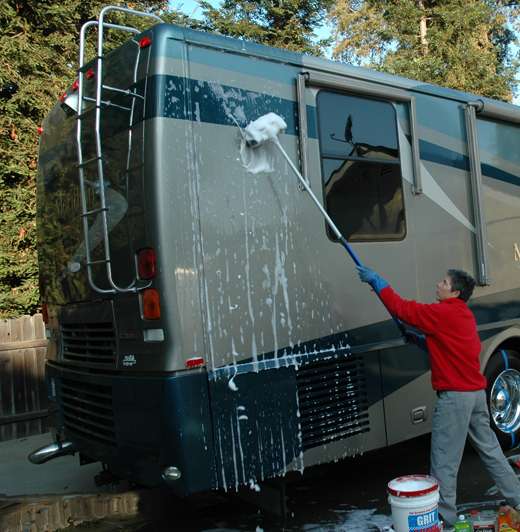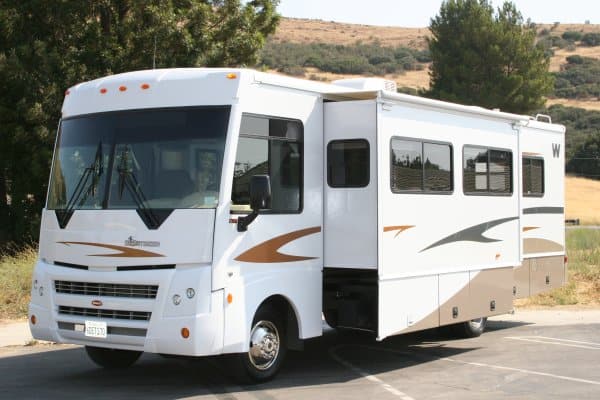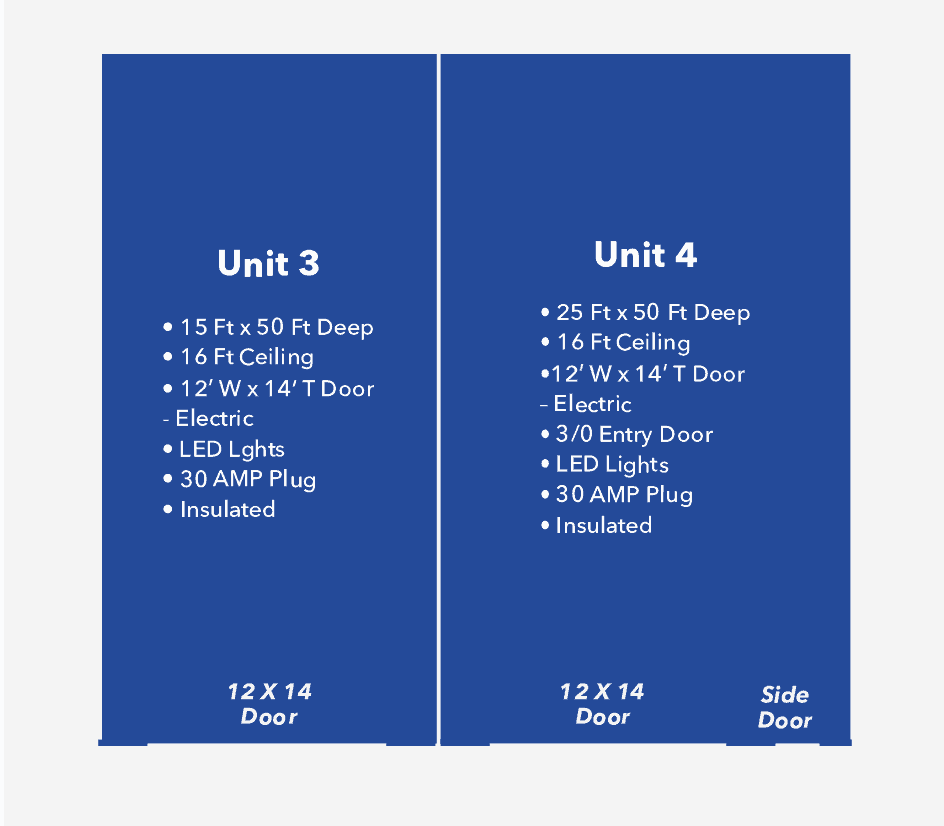Purchasing a trailer or RV is a significant investment, and you’ll want to be able to use it well into the future. This makes adequate storage and maintenance crucial. When you’re not using your recreational vehicle or trailer, proper storage can ensure that it stays in good condition for longer times.
Why You Should Carefully Store Your RV When Not in Use
During the summer, most people with an RV are out and about experiencing the warm sunshine and great outdoors. But if you’re planning on staying at home or going on vacation, you need to take special care of it in hot weather.
This is so that it doesn’t face heat or UV ray damage – both of these factors, combined with critters, and improper ventilation makes for an RV in terrible condition. This will cost a lot of money to repair, but with the right storage techniques, you can keep this from happening.
How to Store Your RV
Follow these tips on storing away your RV to avoid coming home to a moldy and smelly interior.
Thoroughly Clean Inside and Outside
Sure, you may not see the need to thoroughly clean out your RV before storing it away, but this step is important – take it for wax and wash. A wax job will protect your RV from damage due to sunlight while preventing dirt buildup at the same time. Taking this step will make clean up much easier when you come back.

After getting it washed, check the rubber seals, caulking, and silicon seams. Use an RV sealer to repair peeling or cracking. This ensures you don’t face any leaks, which can lead to insects finding their way inside your RV.
Ensure Ventilation
You’ll want to keep the RV well-ventilated to avoid a moldy-smelling RV. We suggest that you leave the rooftop vents open so that air keeps flowing through the interior. If you use proper RV vent covers, it ensures adequate air circulation minus the moisture.
Allow Sunlight
Many RV owners make the mistake of closing their night time shades when storing it away. Don’t, because it can mean mildew and mold growth if you missed a leak. Even if you forgot to fix a leak, sunlight prevents mold growth.
Retract Slide-Outs
Retract all the slide-outs so that the rubber seals, slide toppers, roof, and mechanical parts are safe from exposure to the elements.

Keep the Critters Away
Although a well-insulated storage unit can do this effectively, you should still take effective measures. Get rid of food, set up mothballs, and seal up hoses and tubes.
Adjust the Battery
Fully charge your RV battery before storing it and disconnect the battery from all power sources. If you’re planning on storing it away during winter as well, this will prevent it from freezing over.
Keep Tires Full
Clean up your tires and fill them up before storing your RV. Ideally, you should have someone moving your RV every few months or so. But if that isn’t possible, put your RV on leveler blocks to avoid pressure from affecting the tires from one side.
What Size Unit Should I Use?
Usually, RV owners select a unit that’s 14-feet wide and mixed depths of up to 40 feet. Moreover, it has an eave height of 16 feet. A typical 14-by-40 storage unit has 560 square feet of space.

Does Smith Valley Offer RV Storage?
It’s becoming more difficult for owners to store their RV on their property, which makes storage units a better option. Smith Valley offers a variety of RV storage options that will meet your needs.
What Our Customers Say About Us
Smith Valley Storage
1614 Smith Valley Road, Greenwood, IN 46142
317-882-7361
[email protected]